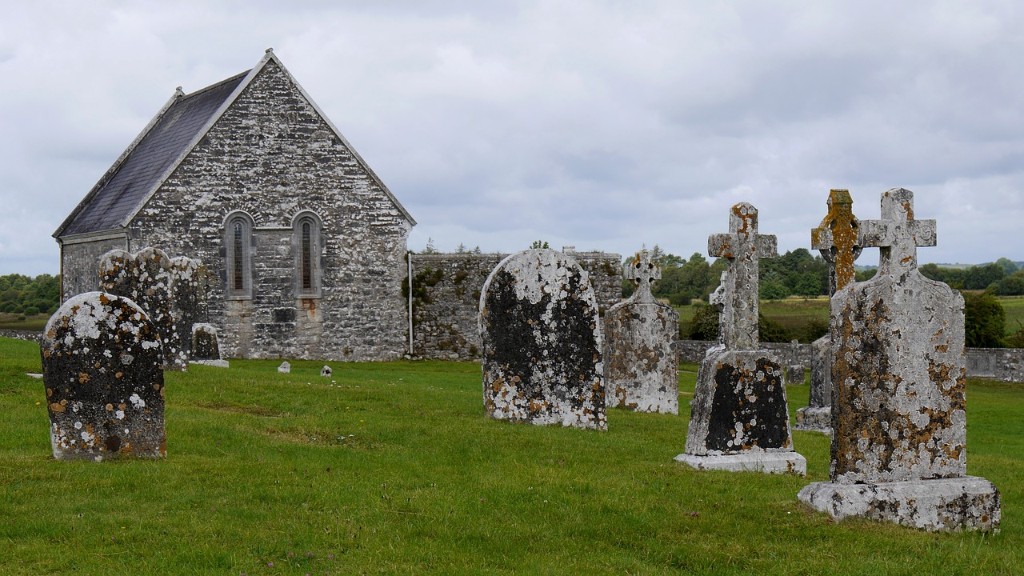The COVID-19 pandemic has had a huge impact on air travel in Ireland. Since the introduction of the travel restrictions, airports and airlines have seen a dramatic decrease in passenger numbers and an increase in flight cancellations. With the current restrictions set to remain in place for some time yet, the question of when air travel will resume in Ireland remains unanswered.
According to the Irish Aviation Authority, the amount of air passengers in Ireland has decreased by over 95% compared to 2019 figures. Airlines have been forced to suspend operations and reduce flights, leading to job losses and an economic impact of up to €1.2bn for 2020 alone. The government has implemented a range of support measures to assist the industry, but it remains unclear when these measures will be enough to allow air travel to resume.
Although the travel restrictions have been in place since March 2020, it is likely that it may take some time before air travel is able to resume. There are a number of factors that need to be considered in order to understand when air travel will be able to resume. These include public health guidance, advice from medical experts, the availability of suitable travel routes and the financial position of the industry.
Public health guidance is likely to remain the main factor determining when air travel will be able to resume. Guidance from the Department of Health suggests that it is unlikely that restrictions will be relaxed until the transmission rate of the virus has been significantly reduced. This could take some time as the virus is thought to have mutated recently, making it more difficult to contain.
The advice of medical experts, particularly in relation to the safety of air travel, will also be an important factor in determining when air travel will be able to resume. Is It safe to travel by air during the pandemic? Will air travel increase the risk of further transmission of the virus? These questions will need to be answered in order to allow air travel to resume.
The availability of suitable travel routes will also be an important factor in determining when air travel will resume. Airlines have been forced to suspend operations and reduce flights, resulting in a decrease in the number of routes available. This could make it difficult for airlines to operate and could result in longer journey times for customers.
Finally, the financial position of the industry will play a role in determining when air travel will resume. Despite the government’s support measures, the industry remains in a fragile financial position. Airlines and airports will need to have sufficient financial resources in order to be able to operate and increase passenger numbers.
Public Health Guidance
Public health guidance is one of the main factors in determining when air travel will resume in Ireland. In order for air travel to be permitted, the Department of Health must be satisfied that the public health risk posed by air travel is manageable. This includes ensuring that the transmission rate of the virus is low, and that adequate medical and hygiene measures are in place.
In order to ensure the safety of passengers and staff, airlines have implemented a range of safety measures. These include temperature checks on arrival, medical screening of passengers, masks being worn on-board, the enforcement of social distancing regulations, and the provision of hand sanitiser onboard all flights.
These safety measures have been implemented in order to reduce the risk of transmission and create an environment where passengers feel safe. While these measures are a step in the right direction, they are unlikely to be enough to convince the Department of Health to relax the travel restrictions.
Advice from Medical Experts
The advice of medical experts is an important factor in determining when air travel will resume. Medical experts have warned of the potential dangers of travelling by air during the pandemic. They have warned that air travel may increase the rate of transmission and that passengers could be more vulnerable to infection due to increased contact with other passengers.
In order to address these concerns, airlines have implemented a range of safety measures. These measures include enhanced cleaning protocols, the enforcement of social distancing regulations, wearing of masks onboard, and the provision of hand sanitiser. However, medical experts are likely to demand further safety measures in order to be confident that air travel is safe.
The advice of medical experts will play a key role in determining when air travel will be able to resume. Medical experts will need to be satisfied that air travel is safe and that the risk of transmission is low before the Department of Health would be willing to relax the travel restrictions.
Availability of Suitable Travel Routes
The availability of suitable travel routes is another important factor in determining when air travel will resume. Since the introduction of the travel restrictions, airlines have been forced to suspend operations and reduce flights, resulting in a decrease in the number of routes available.
The lack of flights could make it more difficult for customers to find suitable flights and could result in longer journey times. This could make travelling by air a more difficult prospect and could lead to a decrease in demand for air travel in the future.
In order for air travel to resume, airlines must be able to rebuild their networks and restore the routes they had previously operated. This could take some time as airlines will need to ensure that they have sufficient financial resources to be able to do this.
Financial Position of the Industry
The financial position of the industry will also be an important factor in determining when air travel will resume. Despite the government’s support measures, the industry remains in a fragile financial position with airlines and airports struggling to remain afloat.
As a result, airlines may be reluctant to increase the number of flights they operate and may be forced to reduce the number of routes they offer in order to remain financially viable. This could reduce the availability of suitable travel routes and make it more difficult for customers to travel by air.
In order for air travel to resume, airlines and airports must have the financial resources to operate and increase passenger numbers. This may take some time and will depend on the government’s continued support and the industry’s ability to secure additional funding.
Impact of Air Travel Resumption on Economy
When air travel resumes, the impact on the economy is likely to be significant. The aviation sector is one of the key drivers of the Irish economy and has seen a dramatic decrease in passenger numbers since the introduction of the travel restrictions.
As the industry gradually rebuilds, it is likely that the economic impact of the pandemic will begin to lessen. A resumption of air travel would bring tourists back to Ireland, allowing businesses to recover some of their losses and helping to support the jobs of those who have been affected by the crisis.
It is also likely that a resumption of air travel would lead to an increase in the number of flights available. This would make it easier for customers to find suitable flights and could help to reduce journey times for those travelling by air.
Finally, a resumption of air travel would help to restore the connectivity of Ireland with the rest of the world. This could boost the economy by increasing the flow of goods and services to and from Ireland, enabling businesses to access new markets and boosting trade with other countries.
Impact of Air Travel Resumption on Government
The impact of a resumption of air travel on the government will also be significant. The Irish government has invested heavily in supporting the aviation industry during the crisis, providing financial assistance to airlines and airports and implementing a range of support measures.
When air travel resumes, the government will need to review and adjust its support measures in order to ensure that the aviation industry is able to recover. This could mean a continuation of some of the support measures or the introduction of new measures in order to help the industry to recover.
It is also likely that the government will need to review and update its safety regulations in order to ensure that air travel is safe for passengers and staff. This could include the introduction of new regulations and the enforcement of existing regulations, in order to ensure that air travel is safe.
Finally, the government will need to review its travel restrictions in order to ensure that they are effective in containing the virus and that air travel is able to resume. This could mean the introduction of new restrictions or a relaxation of existing restrictions in order to allow air travel to resume.





